Executive Summary:
Andrej Babiš’s return to the top of Czech politics signals a likely rethink of Prague’s approach to the war in Ukraine and its partnerships inside the European Union.
A change of course in Prague
Andrej Babiš, a billionaire former prime minister and leader of the ANO movement, is set for a political comeback after the parliamentary vote, positioning himself to shape Czech foreign and security policy again. Babiš is a familiar figure at home and abroad: as prime minister from 2017 to 2021, he cast himself as a business-minded pragmatist, skeptical of Brussels on migration and regulation but not advocating a break with the EU or NATO. He governed through the pandemic, confronted a sharp energy-price shock that followed, and left office after losing the 2021 election to a center-right coalition that later became one of Kyiv’s strongest European backers. His new mandate arrives in a different Europe—one where budgets are tighter, public patience is thinner, and the war in Ukraine has become a long-haul test of will. The Czech presidency remains in the hands of Petr Pavel, a retired NATO general who is firmly pro-Ukraine, so the country’s foreign-policy center of gravity will be shaped by the interplay between a more cautious government and a hawkish head of state.
What a Babiš government could mean for Ukraine
Under Prime Minister Petr Fiala, the Czech Republic punched above its weight on Ukraine. Prague moved weapons early, hosted large numbers of refugees, and, more recently, led a high-profile effort to source artillery shells for Kyiv from outside the EU. Independent trackers such as the Kiel Institute have repeatedly placed the Czechs near the top of per‑capita contributors of military aid. Babiš has signaled a different emphasis. During his 2023 presidential bid, he condemned Russia’s invasion but stressed avoiding escalation, opposed any notion of sending Czech troops, and leaned into calls for “peace” and domestic cost relief. In opposition, his party questioned the scale and financing of certain aid packages and argued for prioritizing domestic needs.
If he forms a government, expect a review of military assistance drawn from state stocks and closer scrutiny of high-visibility initiatives like the ammunition drive. The likely pivot would be toward humanitarian help, reconstruction talk, and tighter case-by-case vetting of arms transfers, rather than open‑ended pledges. At the same time, there are hard limits to how far policy can swing. Czech defense manufacturers have seen order books surge since 2022; cutting off export licenses to Ukraine would hit jobs and tax revenues at home. EU sanctions decisions require unanimity, but Prague has historically backed them, and Babiš himself—while often cast as Moscow‑friendly by opponents—approved tough steps against Russia after Czech authorities blamed Russian military intelligence for the 2014 Vrbětice arms‑depot explosions, expelling dozens of Russian diplomats in 2021. The most realistic scenario is not a U‑turn but a cooler, more transactional posture that slows, narrows, or rebrands assistance rather than ending it.
Regional alignments and EU calculations
A shift in Prague would reverberate through Central Europe. Hungary under Viktor Orbán has frustrated EU decisions on Ukraine funding and sanctions, while Slovakia under Robert Fico halted state military aid to Kyiv and pressed a more Russia‑tolerant line before an assassination attempt sidelined the prime minister in 2024. The Czech Republic had been a counterweight alongside Poland’s pro‑EU government, helping keep Visegrád cooperation from tilting decisively toward Budapest and Bratislava. If Prague gravitates closer to its southern neighbors, Brussels could face tougher, slower negotiations on Ukraine’s long‑term financing, sanctions roll‑overs, and accession talks. Unanimity rules magnify even modest changes in tone.
NATO dynamics are a different story. The Czech Republic has enshrined the 2 percent of GDP defense‑spending target in law and signed major procurement deals, including for F‑35 fighter jets and new infantry fighting vehicles. These multi‑year contracts are costly to unwind and tied to alliance planning. A Babiš government may seek to reprofile timelines or budgets, but broad commitments are likely to hold. Where differences may show up is in summit rhetoric, the pace of new pledges for Ukraine, and Prague’s willingness to play convening roles on munitions or training—areas where political appetite matters as much as legal commitments.
Everyday stakes at home
For ordinary Czechs, th are immediate and practical. Energy and inflation remain the top kitchen‑table issues. The previous government worked to wean the country off Russian fuels by tapping German pipeline routes and booking LNG capacity; that diversification reduces Moscow’s leverage and will not be easily reversed, but tariff and subsidy choices still hit monthly bills. Support for the roughly hundreds of thousands of Ukrainians who passed through or settled in the Czech Republic since 2022 could be tightened as budgets are renegotiated, affecting housing, schooling, and local services. For workers in the country’s sizable defense supply chain, sustained export demand linked to Ukraine has meant overtime and hiring; any policy cool‑down will be watched closely in factory towns
The coalition arithmetic will determine how bold any reset can be. The identity of the foreign and defense ministers will offer early clues, as will the government program on Ukraine, sanctions, and defense spending. Watch Prague’s stance at the next European Council on long‑term Ukraine financing, its position on the Czech‑led ammunition initiative, and signals around ongoing big‑ticket military procurements. Also important is how Babiš manages relations with President Pavel; a cooperative modus vivendi would temper abrupt swings, while open rivalry could produce mixed messages abroad. For Kyiv, the practical question is whether Czech weapons and shells keep flowing at something like today’s pace. For Brussels and NATO, it’s whether a once‑reliable amplifier of Ukraine policy becomes a more hesitant, case‑by‑case player. The answers will shape not just Central Europe’s politics but the tempo of support to a country still fighting for survival.



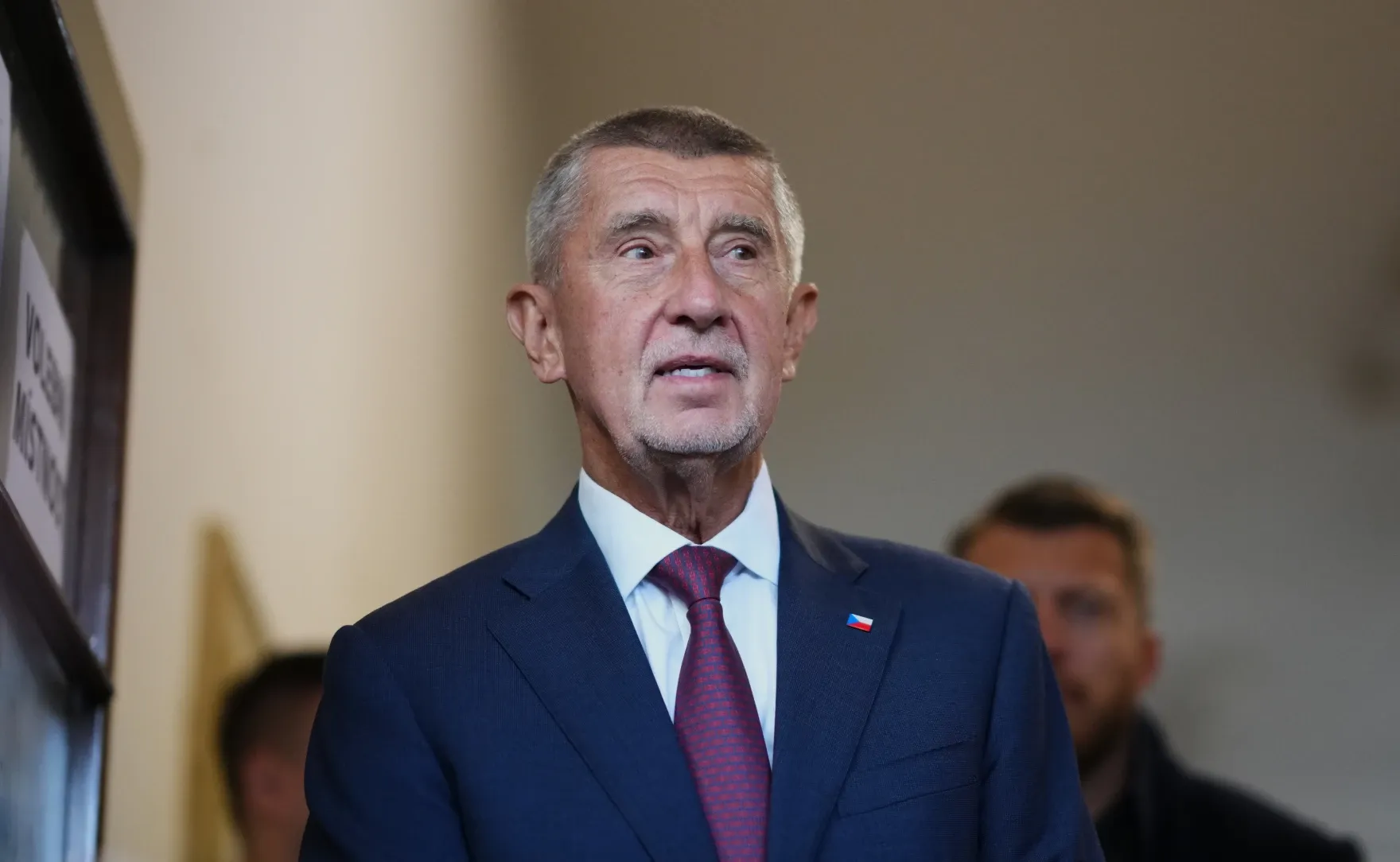
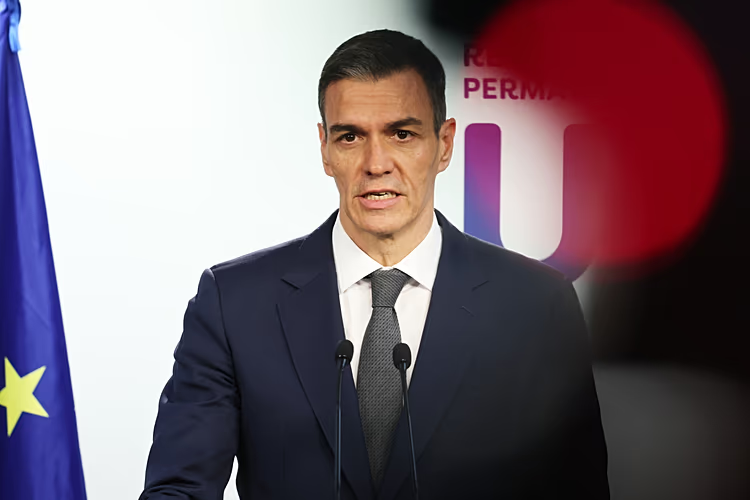
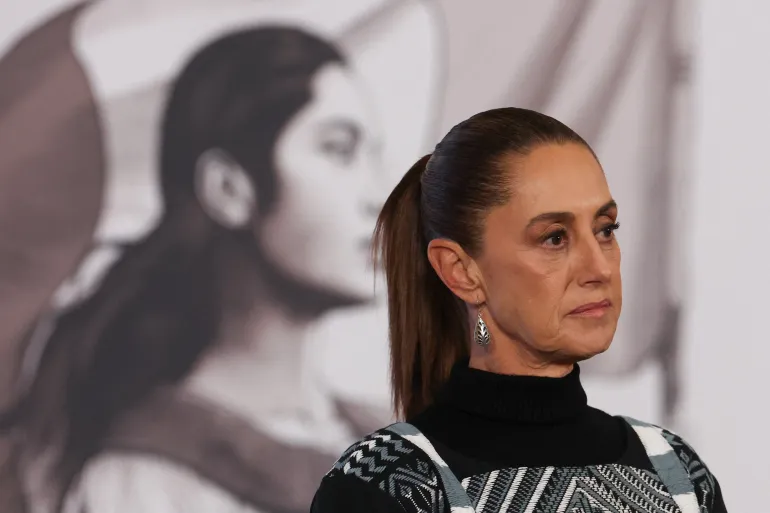
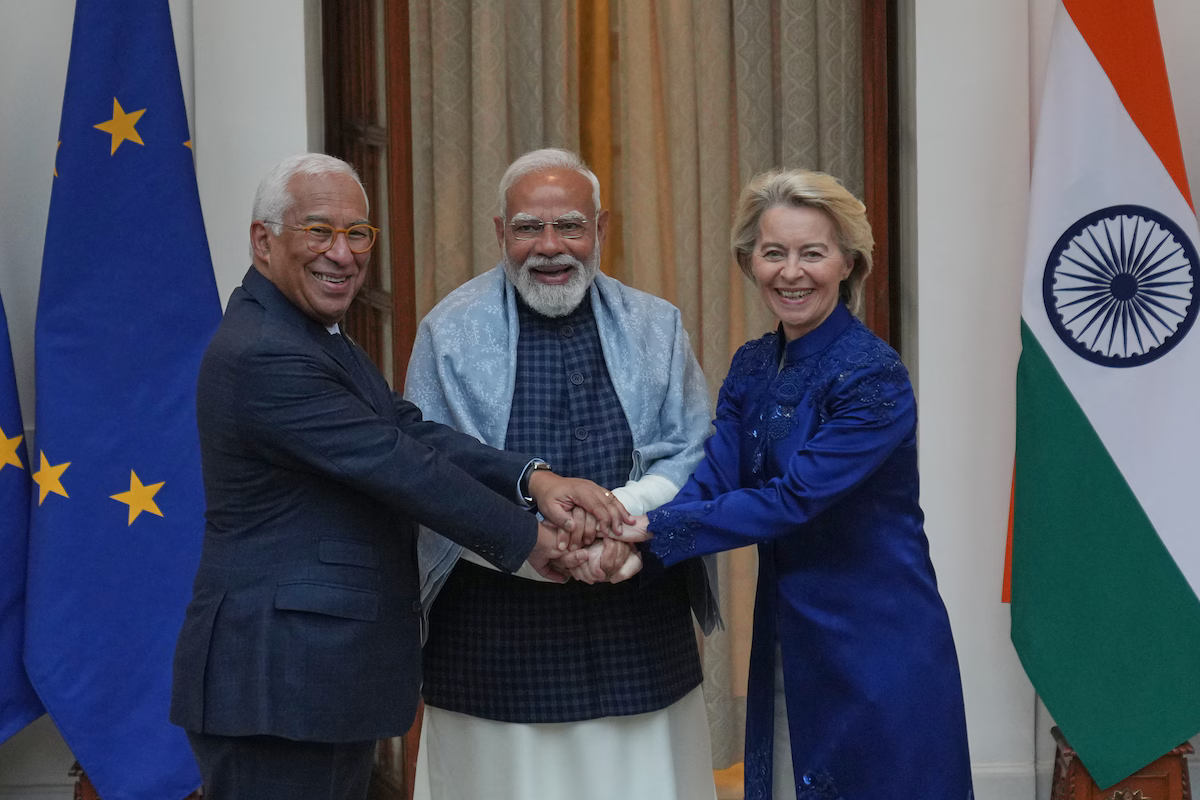
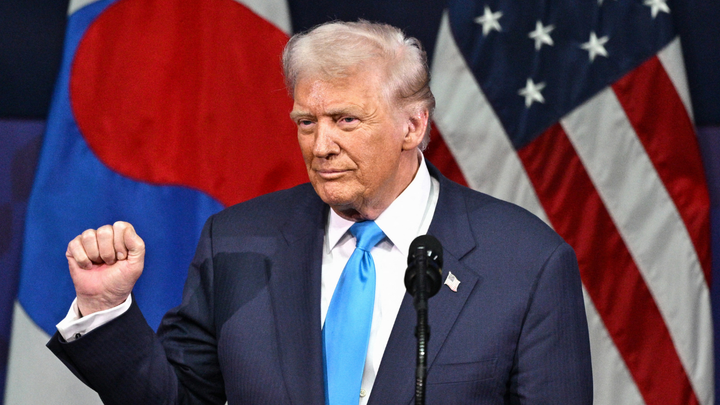
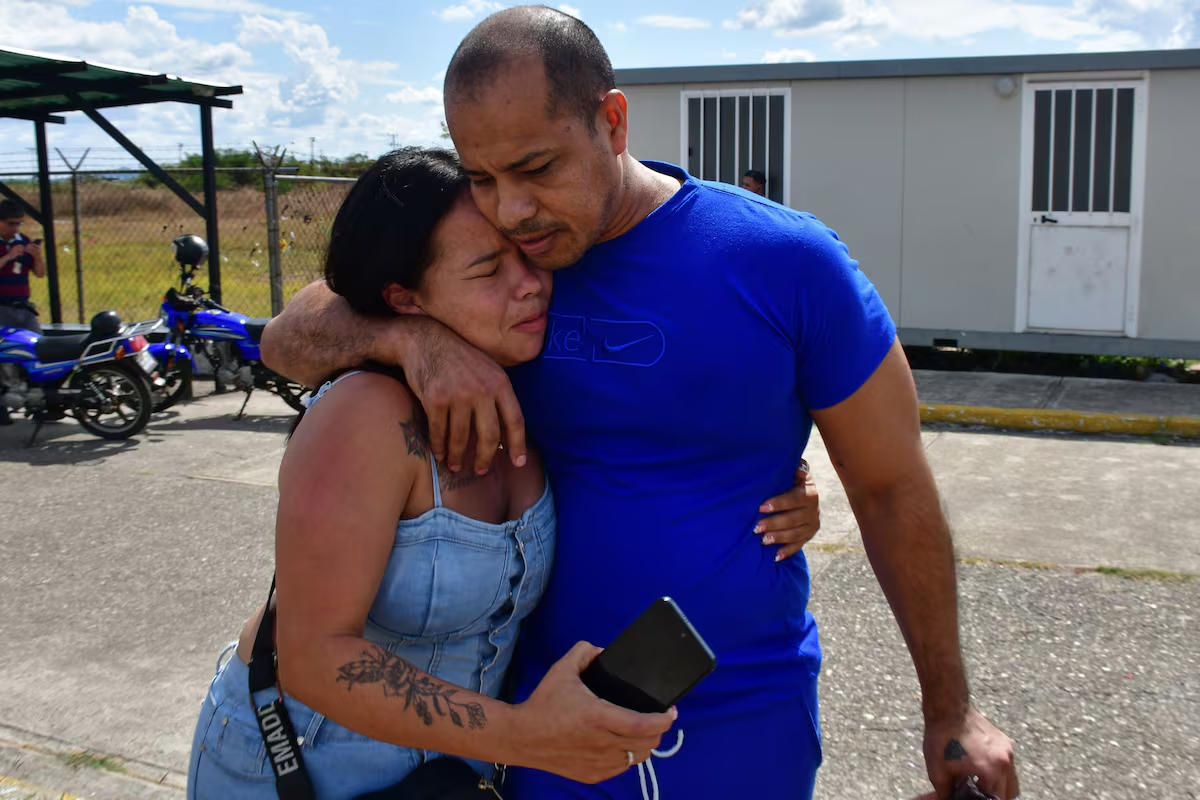

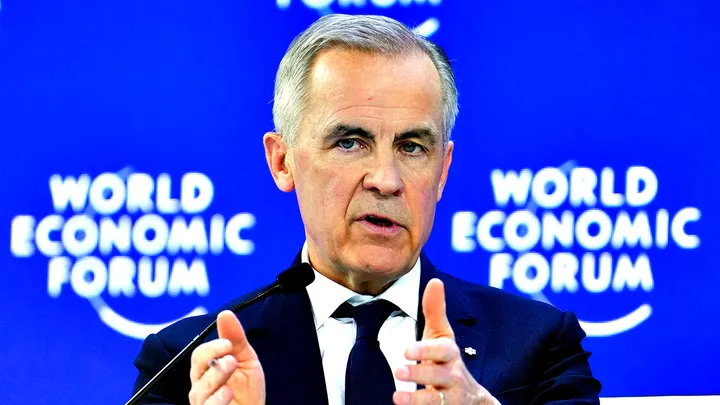
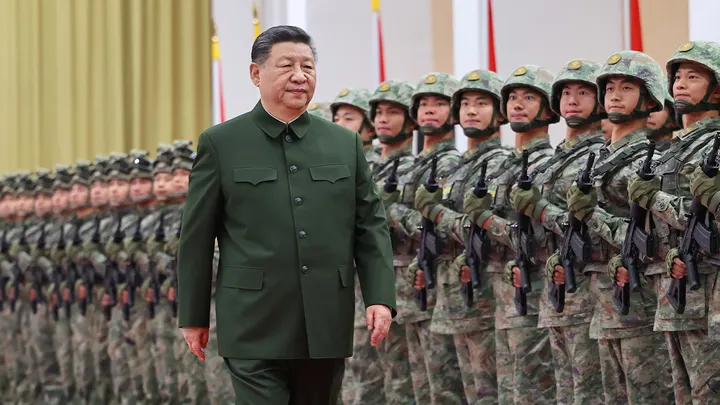
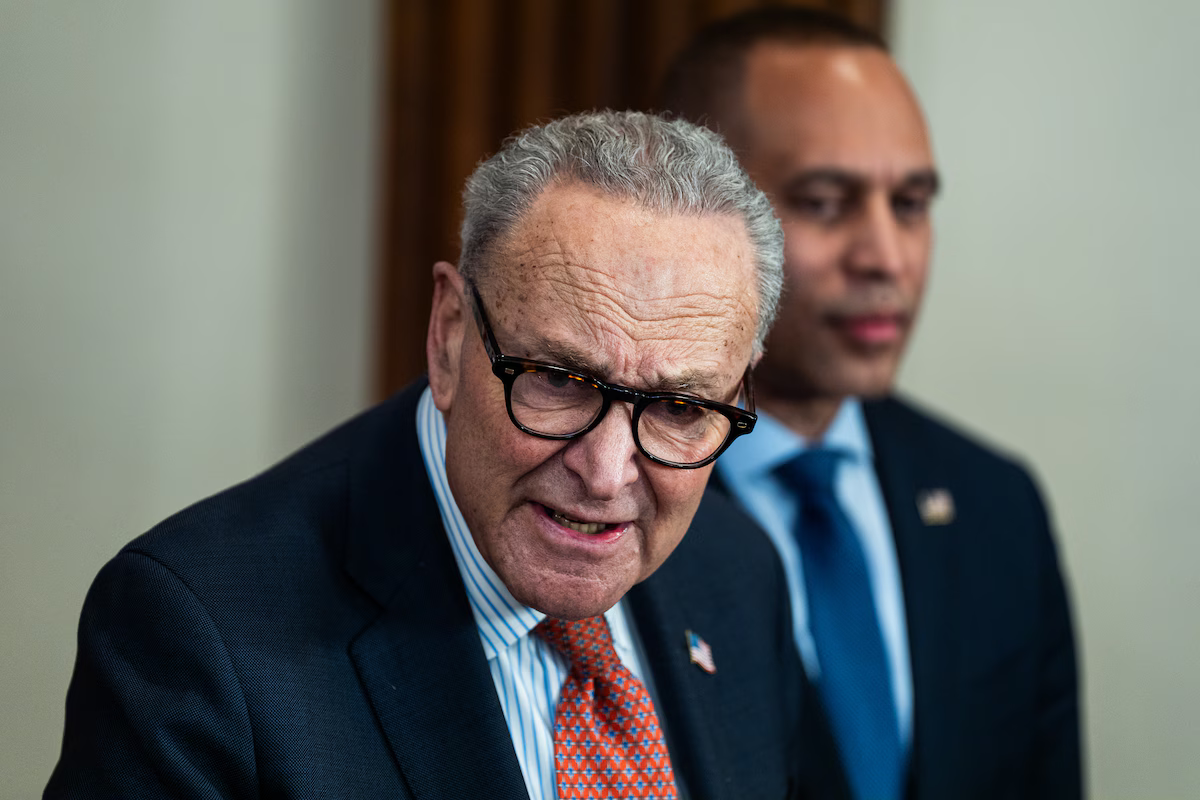
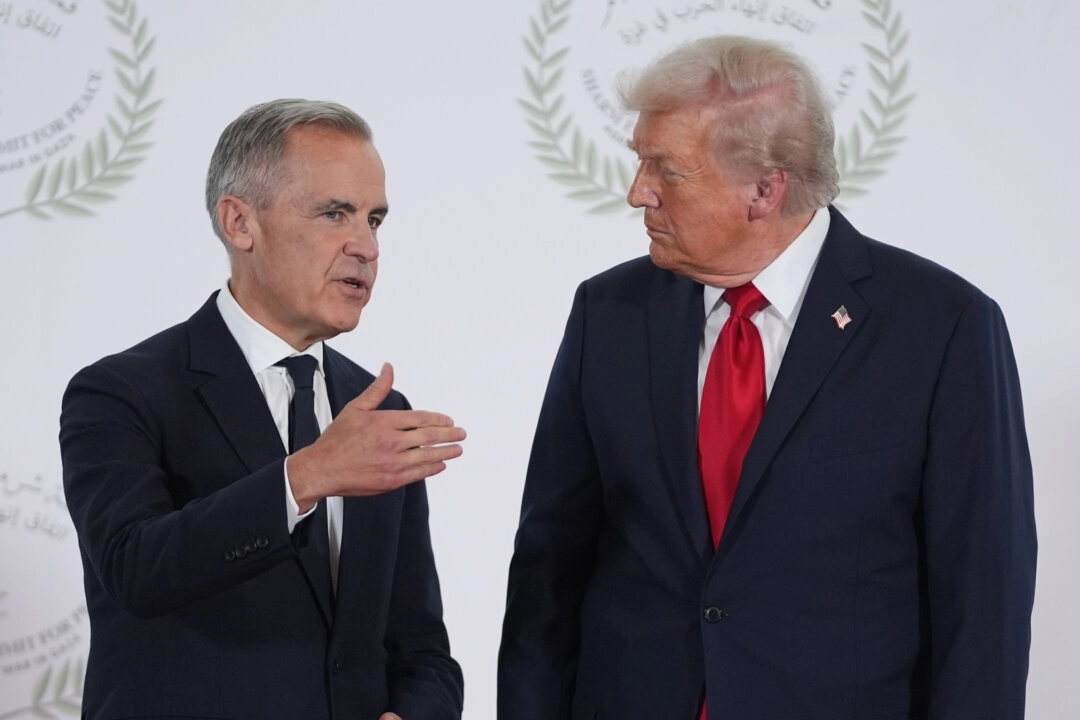
Discussion